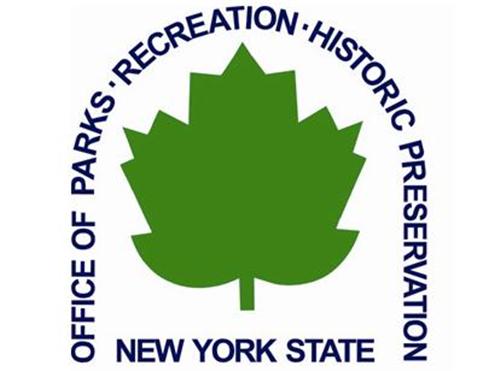Summer Graduate Workshop
Ethics, Culture and Community-based Environmental Research
SUNY College of Environmental Science and Forestry, Syracuse, NY
Wednesday, August 14 – Friday, August 16, 2013
This summer, the Dept. of Environmental Studies at SUNY-ESF will host a three-day graduate training workshop, part of the NSF-funded, Northeast Ethics Education Partnership (NEEP) with Brown University's Center for Environmental Studies. Led by Drs. Dianne Quigley (PI) and David A. Sonnenfeld (co-PI), the workshop is designed for up to 20 graduate students in Environmental Science, Environmental Engineering, Environmental Studies and related fields in upstate New York.**
Schedule: The workshop will be held August 14-16, with 12 hours of classroom training, plus 3 hours of follow-up, online training. On-campus accommodations will be provided for up to 10 participants from outside the Syracuse area; lunch will be provided for all. Note: It may be possible to accommodate students who cannot attend all three days of the workshop.
Deadline: All applications must be received by e-mail no later than 5:00 pm EDT, May 31, 2013.
Workshop Benefits:
· Learn New Research Models, Including Community-based Participatory Research: If you are a graduate student interested in carrying out research adapted to community needs and sensitive to cultural diversity, this workshop will provide a review of case/field studies with new approaches to research design, methods and outcomes that reflect various ethical approaches to research (community-based research, distributive justice, postmodern, care ethics and virtue-based approaches).
· Institutional Review Board (IRB) Application Training: If you are planning to conduct field-based environmental research for your dissertation or thesis work, and you need or desire training on protection of human subjects, including for Institutional Review Board (IRB) applications, this workshop will provide guidance and preparatory training for those applications.
· Cultural Diversity/ Sensitivity Training: Research approaches will be assessed to ensure that exploitation, community stigma harms and culturally-inappropriate practices can be prevented. Communities and cultural groups increasingly require that research activities produce beneficial change and positive outcomes to their local community settings. Guidance from international ethics recommendations, ethical theories, international/ national field studies will be reviewed for use in research design and research beneficence.
· Certificate of Completion: Students completing 15 hours of training will receive a Certificate of Completion for Research Ethics and Cultural Competence/ Diversity Training. This can be included on CVs to indicate gaining of much-needed professional skills/ expertise that can be shared with others. Students will have access to online resources in research ethics and cultural diversity from the NEEP Website and Blackboard Course Pages.
Informational Flyer:








